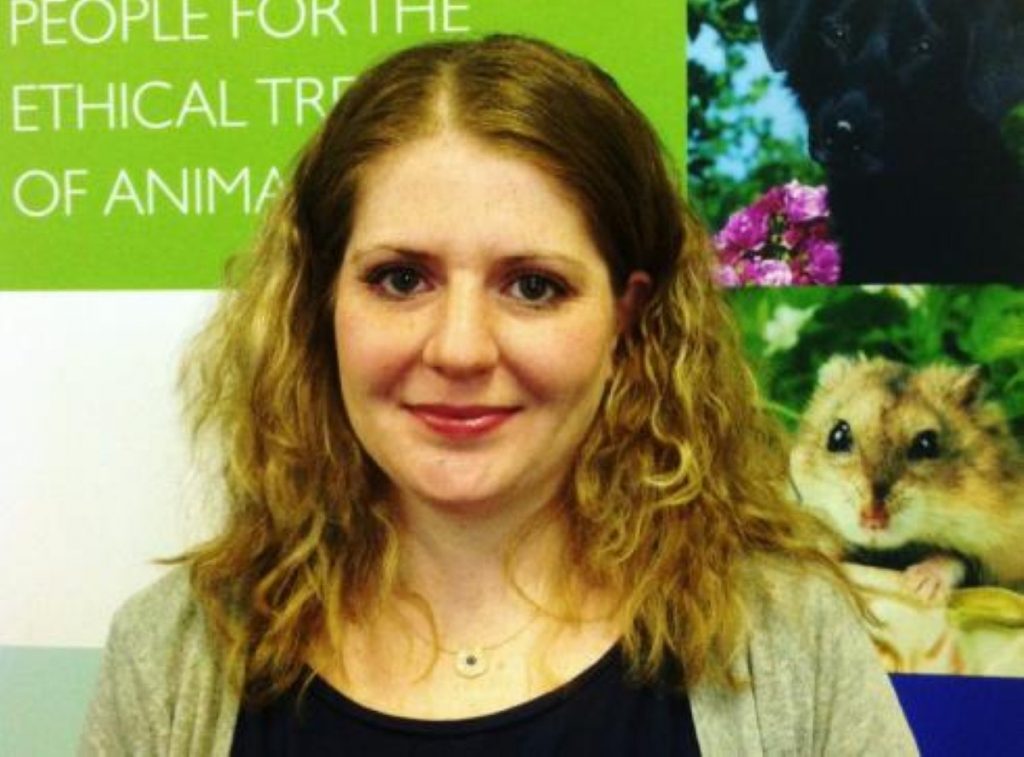Comment: Prince William should wake up to his double standards on animal protection
By Mimi Bekhechi
The image of the ivory trade is a haunting one – lifeless elephant bodies strewn across the African savannah, their faces literally sawed off for their tusks. Many of their family members probably watched helplessly as they died, some leaving orphaned calves behind.
Ivory often invokes images of colonial Africa, where ruthless 'big-game' hunters stalked and killed elephants for their tusks. It is, therefore, fitting that one of the leading proponents against the ivory trade recently – along with David Beckham and Jackie Chan, who, one could argue, are 'royalty' in their own rights – is the future King of England and heir to the colonial legacy, Prince William.
The prince says that he wants to see an end to the ivory trade, which could wipe out what remains of herds of African and Asian elephants, not just for this generation but also for his son and his son's children. Publicly destroying the ivory in the Royal Collection at Buckingham Palace would be a good start.


Rightfully banned in 1989 by the Convention on International Trade in Endangered Species (CITES) and condemned by anyone with a conscience, ivory is now mostly relegated to dusty china cabinets and old piano keys. But while CITES regulations make the sale and importation of ivory illegal, enforcement of these regulations isn't sufficiently strict. And because there will always be humans who will do anything for money, including killing animals and collecting their body parts, elephants will continue to die.
Insidious poachers and greedy ivory profiteers still drive the slaughter, laundering illegal ivory into markets abroad. Heavily armed criminals pepper elephant herds with bullets, often killing dedicated, protective park rangers in the process.
Differentiating legal and illegal ivory is difficult and easily manipulated and opens up myriad opportunities for corruption. In the quarter-century since the ban was imposed, countless elephants have been slaughtered for their tusks, and little has been done to stop it. By all accounts, it is a highly corrupt and closely guarded industry.
The Royal Collection is supposed to contain some 1,200 artefacts containing ivory dating back hundreds of years, and it has been reported that William's father, the Prince of Wales, has asked for all ivory items at his Clarence House and Highgrove House residences to be removed from sight during the last few years.
It's laudable for Prince William to campaign to protect these endangered animals – at stake is nothing less than the survival of the African and Asian elephants – but his sincerity would ring a lot more true if he showed the same respect for other animals, instead of shooting and killing them without a second thought.
If the prince wants his views about wildlife preservation taken seriously, he needs to get with the times and stop hunting animals.
With boundless opportunities for amusement, it's shameful that he chooses to get his 'kicks' by killing other individuals who ask for nothing out of life but the chance to live it unmolested. There's no difference between the wild boar he recently shot, according to news reports, and the elephants and rhinos he seeks to protect – they all have precisely the same capacity to feel pain and suffer. All leave family members or mates behind when they are killed, and none is exempt from grief.
Blood sports have no place in an ethically developed society, which is why polls repeatedly show that the vast majority of Britons oppose hunting. These days, we expect those with firearms to use them to protect the innocent, not to destroy the helpless – much less to derive perverse pleasure from it.
We live in hope that one day the prince will wake up to this utterly unjustifiable double standard.
Mimi Bekhechi is associate director at People for the Ethical Treatment of Animals (PETA)
The opinions in politics.co.uk's Comment and Analysis section are those of the author and are no reflection of the views of the website or its owners.









